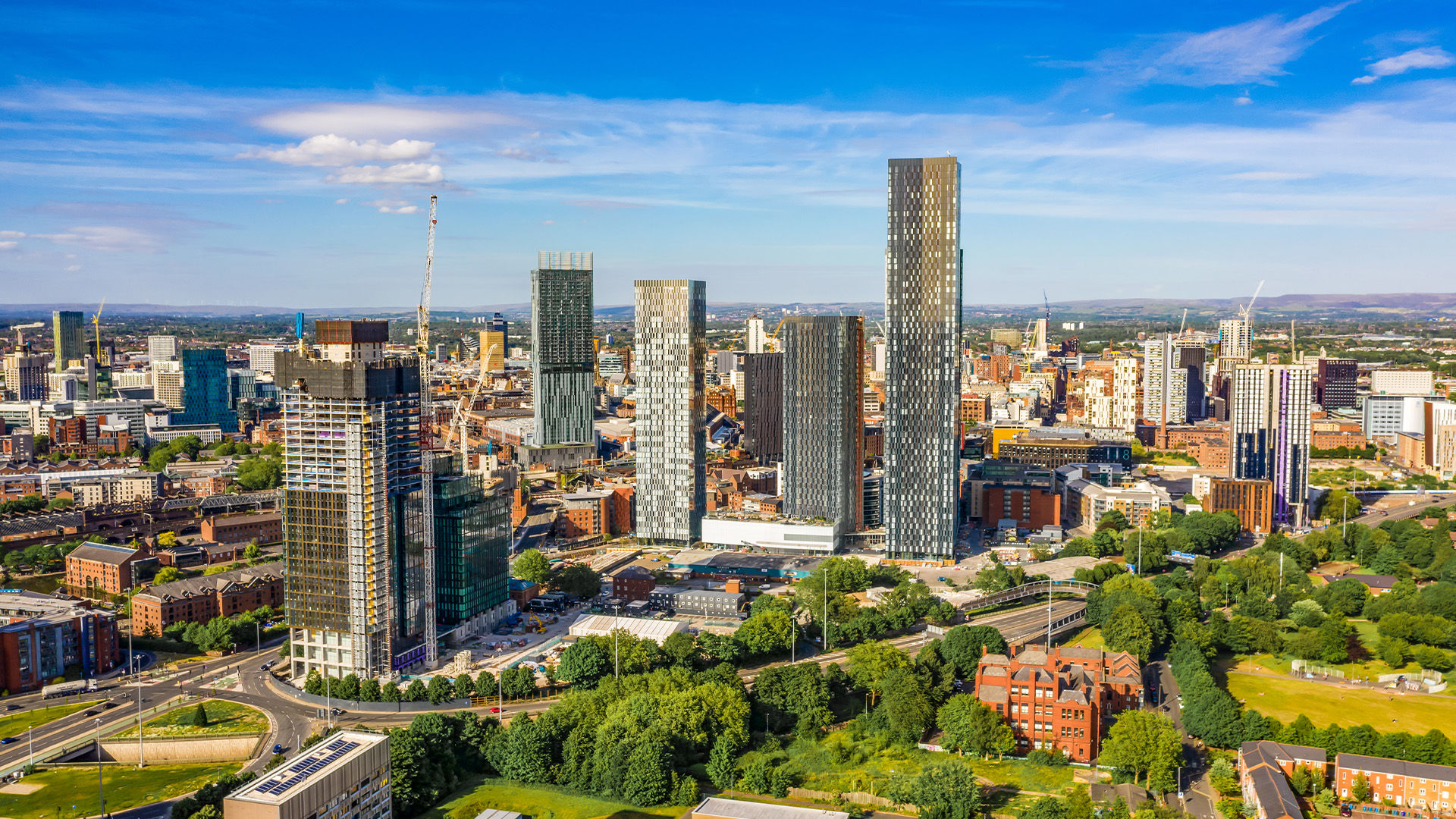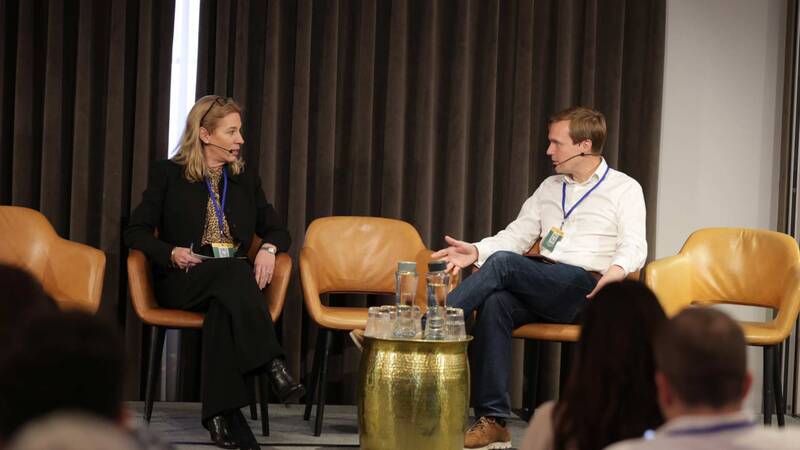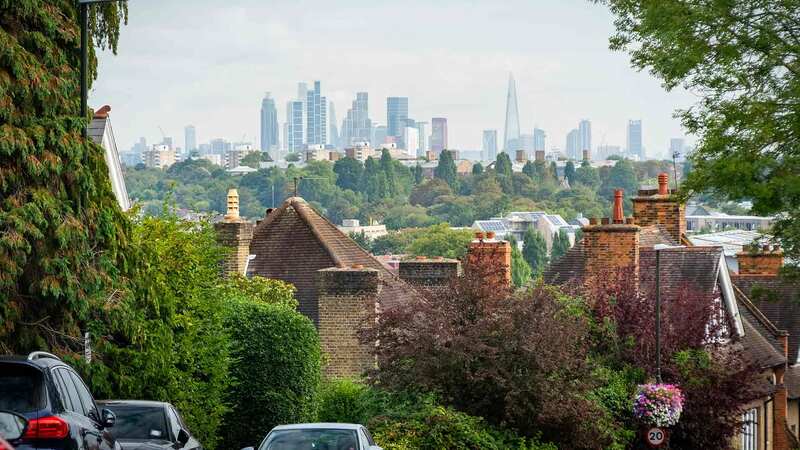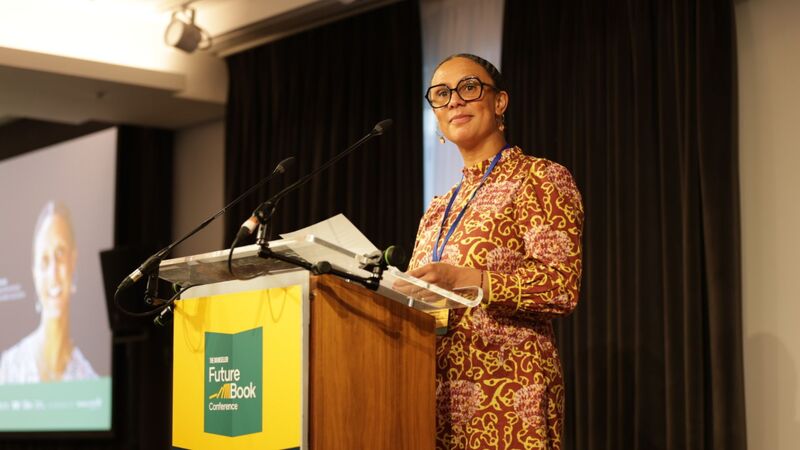You are viewing your 1 free article this month. Login to read more articles.
Our friends in the north
Contrary to popular belief, the north is full of engaged bookshops, creative partners and inquisitive readers.
The German philosopher and critic Friedrich Engels described my home town of Stockport in 1844 as “excessively repellent. One of the duskiest, smokiest holes…repulsive.” It’s an image of the north that has stuck in the public imagination, cultivated in books and films, a region trapped in a time warp between industrial revolution and post-war austerity (blame L S Lowry). Lanky, cigarette-thin chimneys, scrappy towns leaning into wind-swept hills, brass bands, cobbled streets, abandoned mills, boarded-up precincts, pigeons and miserable, melancholic malcontents simmering beneath the sober veneer of everyday life. Think J G Ballard meets Shelagh Delaney meets The Smiths: a perfect counterpart to the genteel, mild-mannered south. It wasn’t so long ago that northerners, blessed with sense and imagination, had to up sticks in order to find work and meet like-minded souls. In publishing terms, the destination was often London, Oxford or Cambridge. It’s not surprising northerners developed a strong sense of underdog spirit, a self-belief that could occasionally boil over into hubristic swagger and an entrenched resentment towards southern riches. Sad, then, that’s it’s all just a myth…
Contrary to recent history, it is now possible for someone in the north to write a book, publish and promote it, all without leaving the region. Maybe not advisable, but certainly possible
Our north, the one we experience, is much brighter, bolder and more creative than the popular tropes would have you believe. It’s a place we are proud to call home, and, understandably, we want to tell people about it through the books we publish and authors we work with. Manchester University Press is a small team with a big vision, and in the past that meant we often spent a lot of time scanning the global market looking for distribution and sales opportunities, without fully acknowledging what was on our doorstep. And so, in 2020 we decided to increase our participation in the north through active commissioning and a local outreach programme into the cultural sector, retail and schools.
The ambition became a reality this year through the publication of four books, Manchester Unspun by Andy Spinoza, Mancunians by David Scott, The Art of Darkness by John Robb and As Good as a Marriage by Jill Liddington, each book conveying a more realistic picture of the northern experience, its history, identity and culture, written by authors based in the north and including contributions from the likes of Guy Garvey, Badly Drawn Boy and Lemn Sissay.
The positive reception of the four books has been fantastic, with endorsements from household names (dare I say northerners—Johnny Marr, Clint Boon, Sally Wainwright and Grace Dent) and reviews in national media, all praising the books for their retelling of old narratives and stereotypes. The release of the books has also propelled a 40% increase in orders from Waterstones and an outpouring of support from booksellers, particularly those based in the north. This year we’ve organised more events at Waterstones bookshops than ever before, all of them taking place in northern cities, with an increase in books being displayed at front-of-house, on tables and even in shop windows, including Stockport (eat your heart out, Friedrich). On top of this, we’ve seen a 30% increase of orders through independent bookshops based in the north.
To capitalise on this growing northern support, we established a partnership with the Mill, a Manchester-based newspaper with a growing reputation for quality journalism and a distinctive voice that appeals to the type of reader who naturally gravitates towards intelligent, relevant and factual books. The partnership has resulted in a number of headline events featuring MUP authors, books, and attended by subscribers to the Mill.
This year has shown us that the north is full of engaged bookshops, creative partners and inquisitive readers. Contrary to recent history, it is now possible for someone in the north to write a book, publish and promote it, all without leaving the region. Maybe not advisable, but certainly possible due to the strength of the infrastructure in place.
The transformation of the north is influencing our future strategy. We will continue to publish books on the north and northern writers, but we also want to play a part in supporting pathways into publishing for people based in northern cities such as Manchester. The majority of MUP staff are based in Greater Manchester, we offer paid internships to students studying in Manchester, and we are about to participate in a new publishing module on the Creative MA at the University of Manchester, with the intention of educating the publishers of tomorrow. And our intention isn’t to stop in the north. Our ambition is to export the good bits to all corners of the UK, and beyond, in the hope of attracting new readers. To achieve this, we are about the embark on an organisational rebrand, working with an external agency to create a brand that represents the spirit of the north and of Manchester, an iconic city famed for “the birth of socialism, the Suffragette movement, the first passenger train, the first free public library, the birth of the co-operative movement, the first civic university, the splitting of the atom, the first programmable computer, Factory Records, the Haçienda and the place where Dylan chose to go electric” (extract from Manchester Unspun). To many, Manchester is a crucible of progress and provocation, where artists like Dylan can take a risk. To MUP, it is a blueprint for our future.

















